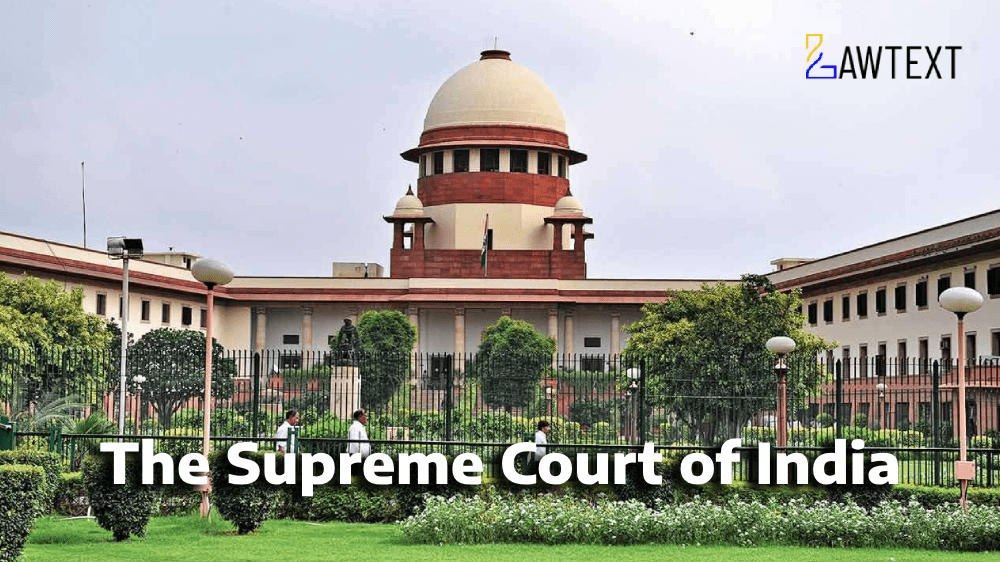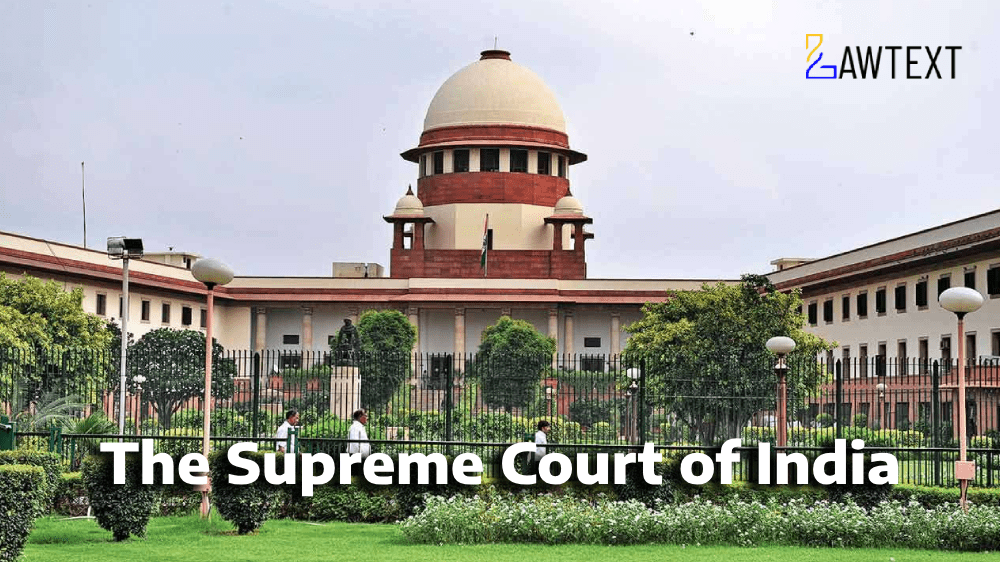Case Note & Summary
The Supreme Court addressed an appeal by Madura Coats Pvt. Ltd. against a High Court order that remanded a case to the Customs, Excise, and Service Tax Appellate Tribunal (CESTAT). The dispute involved show cause notices issued to Madura Coats concerning the clearance of goods without payment of duty. The appellant argued that failure to provide a key letter dated 20.01.2001 violated natural justice. The Court ruled that, while the tribunal's order for a fresh adjudication without relying on the said letter should stand, the appellant could still argue prejudice before the tribunal. The appeal was disposed of, allowing the appellant to raise contentions regarding prejudice.
1. Background: Madura Coats Pvt. Ltd. (appellant) engaged in the manufacture of cotton and polyester yarn. A preventive unit seized excess stock stored in its bonded warehouse on suspicions of illicit removal, leading to show cause notices (SCNs) being issued (para 4). 2. Tribunal Orders: CESTAT initially directed the respondent (Central Excise) to furnish a letter dated 20.01.2001, alleged to be crucial for adjudication. The tribunal allowed an appeal due to a violation of natural justice when the letter was not provided (paras 5–6). 3. Modification of Tribunal’s Decision: Despite the earlier order, the tribunal later modified its order, allowing adjudication without the 20.01.2001 letter. Madura Coats challenged this in the High Court (paras 6–7). 4. High Court’s Decision: The High Court remanded the case to CESTAT, stating that the letter had not been used adversely against the appellant. It found no substantial prejudice due to its non-furnishing (para 12). 5. Supreme Court Judgment: The Supreme Court upheld the remand but reserved the appellant’s right to argue prejudice during the tribunal's reconsideration. The Court noted that the appellant was not denied natural justice, as the letter in question had not been relied upon to reach an adverse inference (paras 9–13). Acts and Sections Discussed: Section 35C(2) of the Central Excise Act, 1944: Pertaining to rectification of mistakes by the tribunal. The show cause notices and orders were issued under Central Excise laws, governing the duty clearance of goods. Ratio Decidendi:The core issue was whether non-furnishing of the letter caused prejudice to the appellant. The Supreme Court agreed with the High Court that while the tribunal’s modified order could be contested, the letter had not been relied upon by the authorities for adverse findings. Thus, the remand to CESTAT for fresh adjudication was upheld, with the liberty to argue any resulting prejudice.
Subjects:Taxation, Excise Duty, CESTAT, Natural Justice.
Central Excise, Remand, Natural Justice, Supreme Court, Adjudication, Show Cause Notice.
Issue of Consideration: M/S Madura Coats Private Limited vs Commissioner Of Central Excise And Anr.
Premium Content
The Issue of Consideration is only available to subscribed members.
Subscribe Now to access critical case issues





